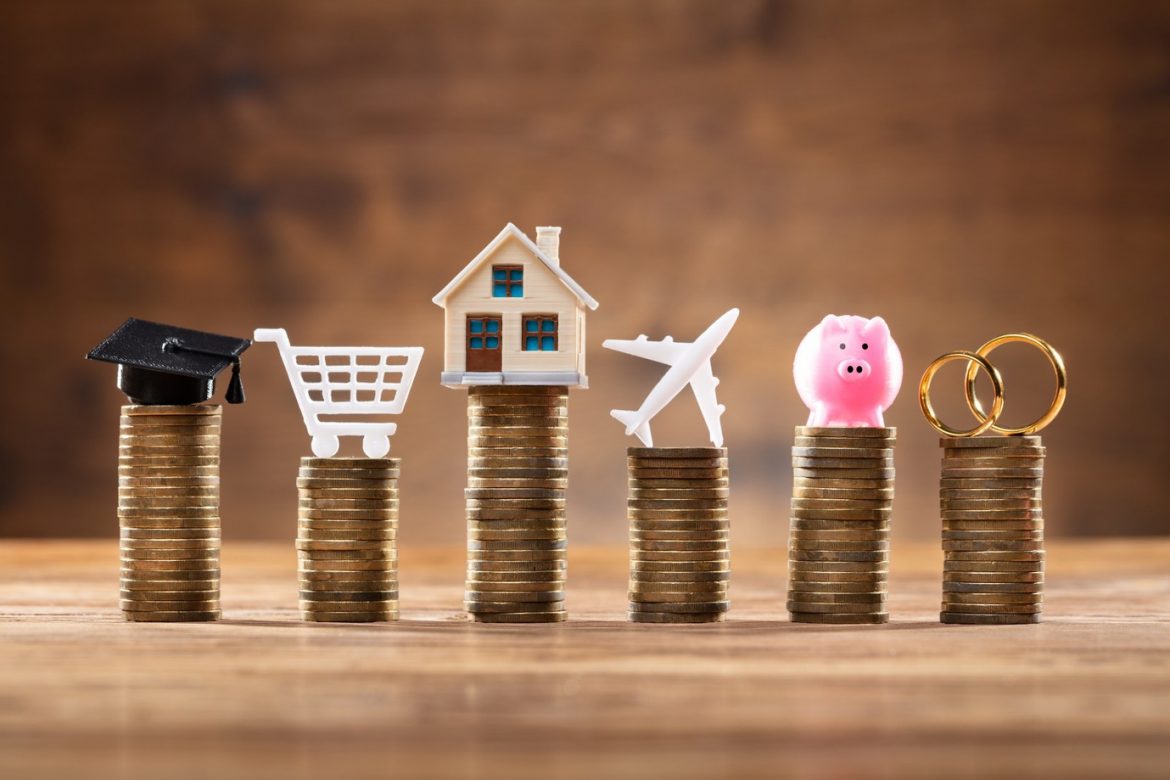There’s no denying that credit and debit cards make your life easier. No having to stop by the ATM or worrying about whether you have enough cash on you to pay for groceries. But there are definitely some drawbacks to relying on plastic.
Once you start seeing the benefits of paying with cash, you’ll be ready to leave the cards at home – or at least, in the back of your wallet.
1. Know How Much You Spend
It’s easy to ignore the little purchases – $10 here, $15 there – until you get your monthly credit card bill and realize you can’t pay it off. On the other hand, if you’re using only cash, you can easily look into your wallet and see just how much money you have left to spend that week.
At the beginning of each week, withdraw the money you can afford to spend that week. You don’t have to carry it all with you – in fact, it’s probably better if you don’t. But once you run out of money, that’s it. No more spending that week. So if you go overboard shopping on Monday, you might not be able to afford Happy Hour on Friday.
It might take a few weeks to find the right rhythm where you have money left each week. But this system is a great way of managing your expenses.
2. Avoid Extra Fees
Credit cards and even debit cards carry extra fees built into the payment plan. If you don’t read the fine print carefully, you can easily end up busting your budget, not because of what you spend, but because of what you pay to spend it. Ouch!
Late fees are the most obvious. Maybe you had the money, but forgot to make your credit card payment. Or, you remembered, but you’ve been spending so much lately that you couldn’t afford the minimum payment. Either way, you’ll get hit with a penalty.
And if you end up not being able to pay back your entire monthly spending – because you spent more than you planned to – then you’ll end up paying interest fees.
Debit cards are different, but can also end up costing you. Your debit card is usually part of a checking account, so you’re probably using both – debit card for purchase, checks for bills. If you lose track of how much you spend on your debit card, you could end up being overdrawn or even bounce a check. You’ll have to pay a fee to the bank, and possibly to the recipient of the bad check, as well.
Then there are the other fees: annual fees, interest rates, minimum balance fees, and more.
3. Limit Impulse Purchases
You can’t spend what you don’t have! At the very least, using only cash will make you think twice about impulsive purchases that might be outside of your budget. If it’s something you really want, you can always budget, save, and purchase it when you have the money. It might take a little longer, but if it’s worth owning then it’s worth saving for, right?
Usually, though, a little “cooling off” period will help you decide that you didn’t really want to splurge, after all.
4. Reduce the Risk of Identity Theft
Every time you use a credit or debit card, that information becomes part of the merchants’ database. If they get hacked, identity thieves will have access to your credit card or debit card information. And you might not even know it for days or even weeks, at which point you’ll have to spend countless hours on the phone with banks and credit card companies to get everything straightened out. Even worse, depending on what the identity thieves did, it could even affect your credit score.
5. Pay Off Your Debt
If you’re working to bring down the balance on your credit card debt, spending more won’t help. It will only add to your balance and accumulate more interest. This is especially true if you inadvertently overspend; if you can’t pay your bill, you’ll end up with a late fee. And did we mention the interest? Stick to cash only and watch your balance go down each month.
People say it all the time, “Oh, I use this card for the miles/cash back/ points.” And it’s tempting to want to do the same. But don’t give in. Put down your cards and pay with cash. Your finances will thank you for it!
